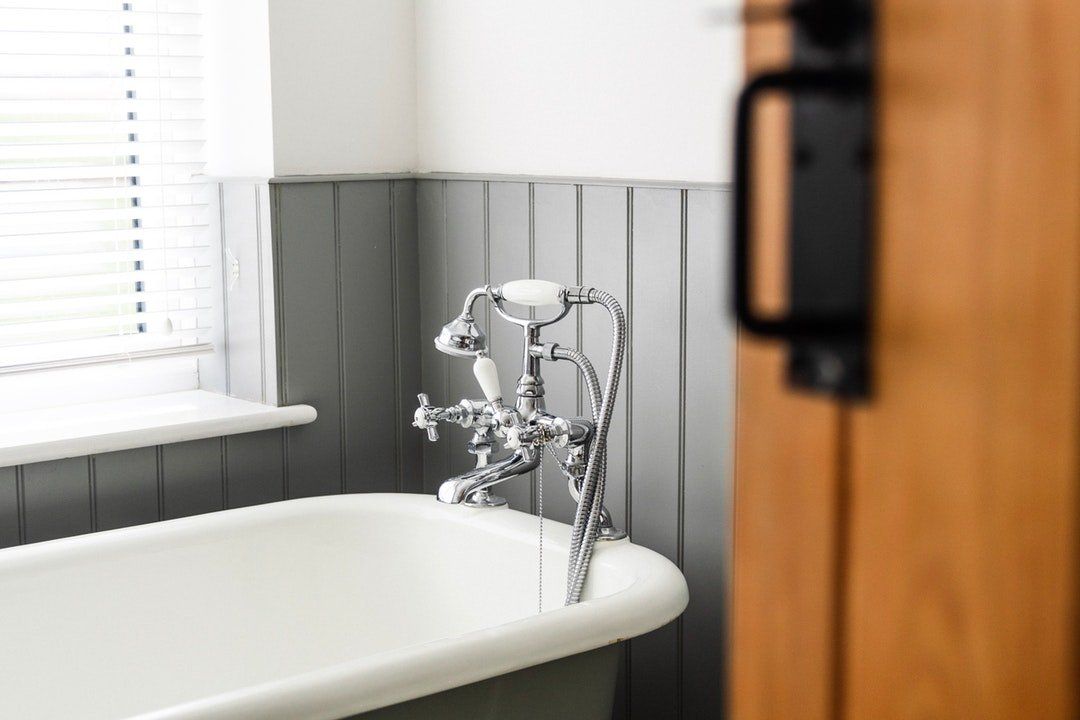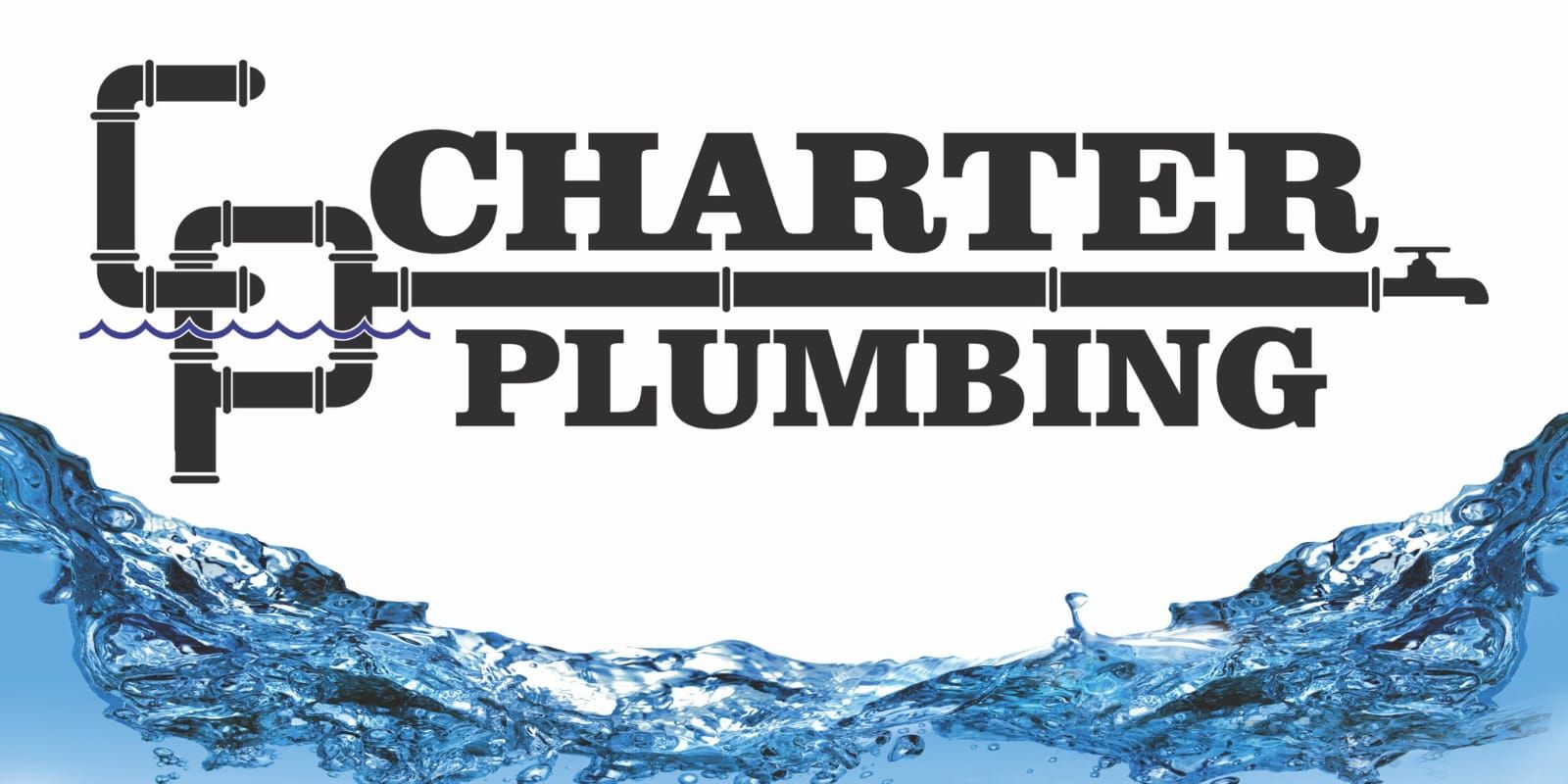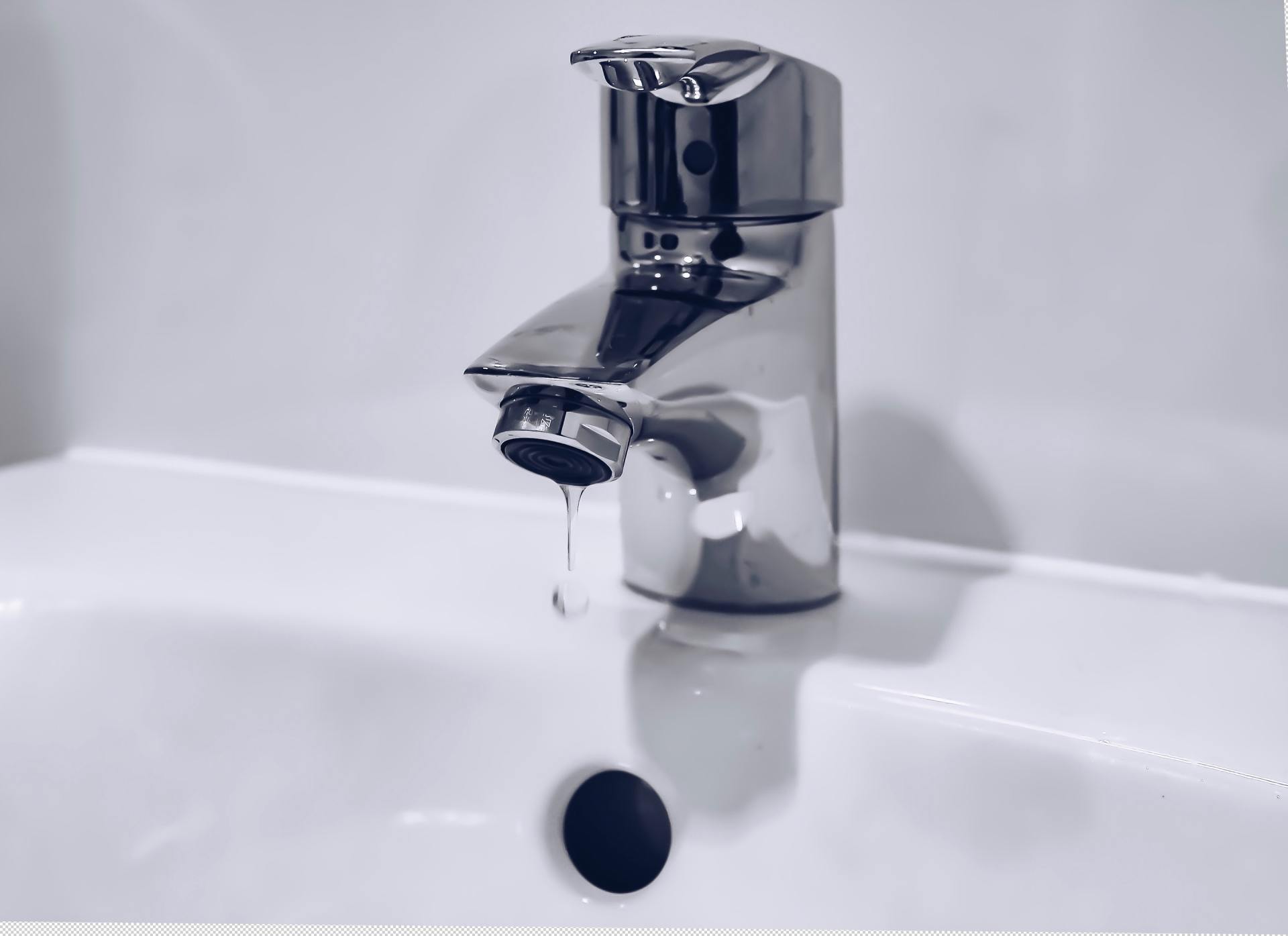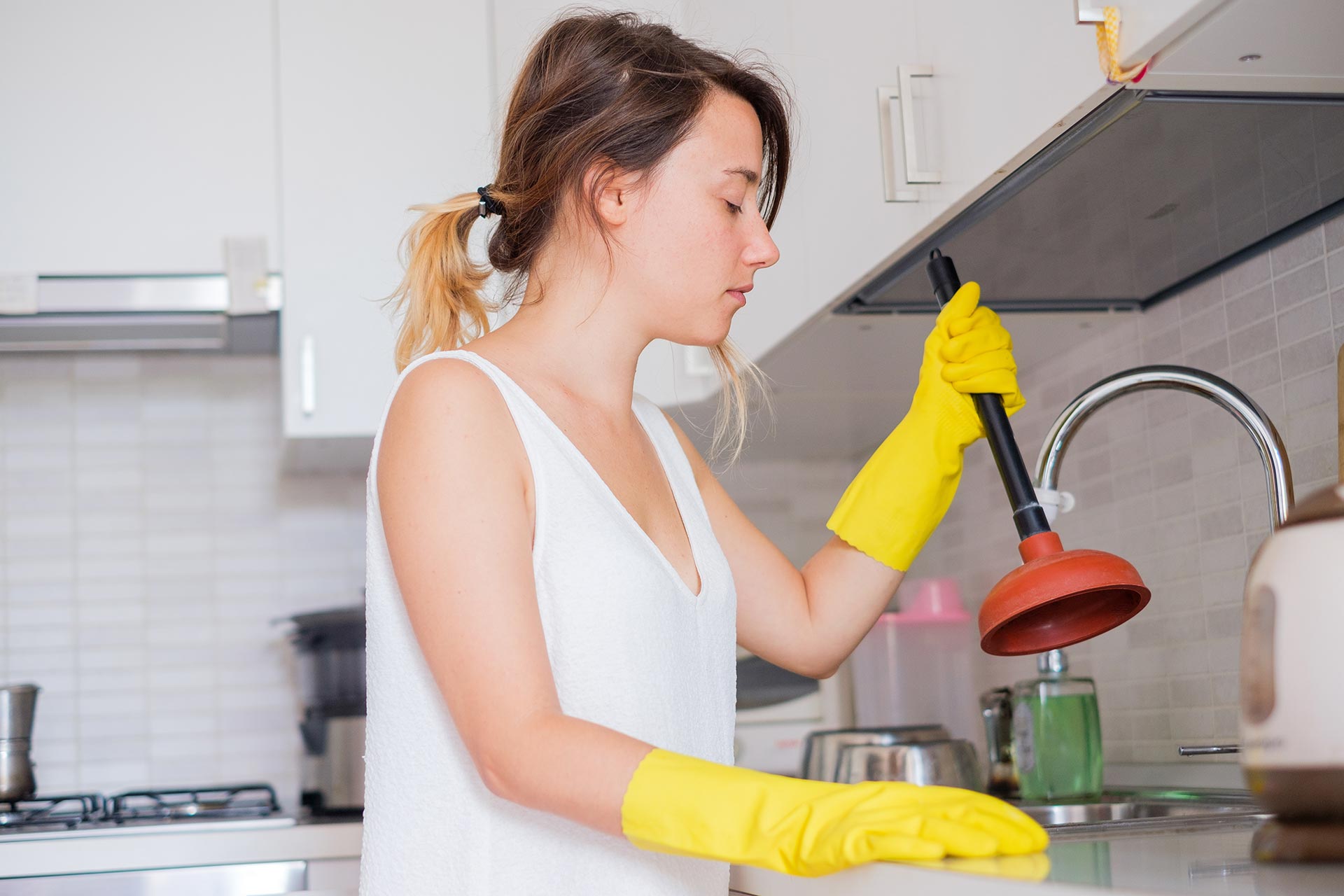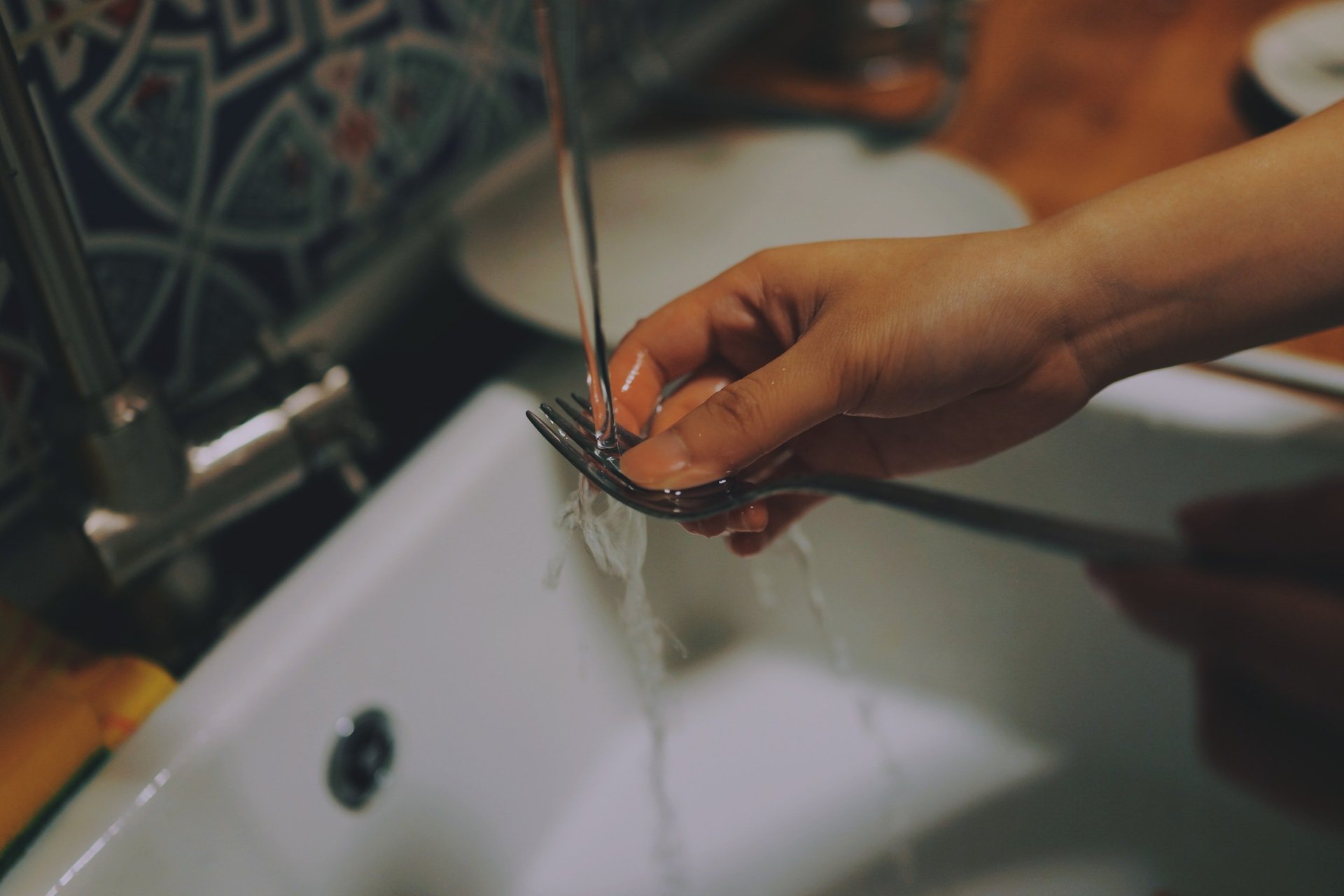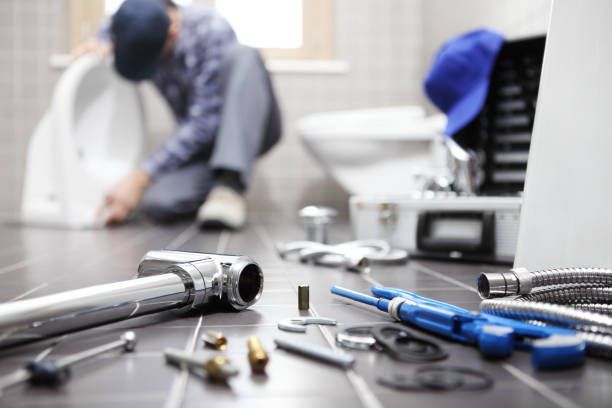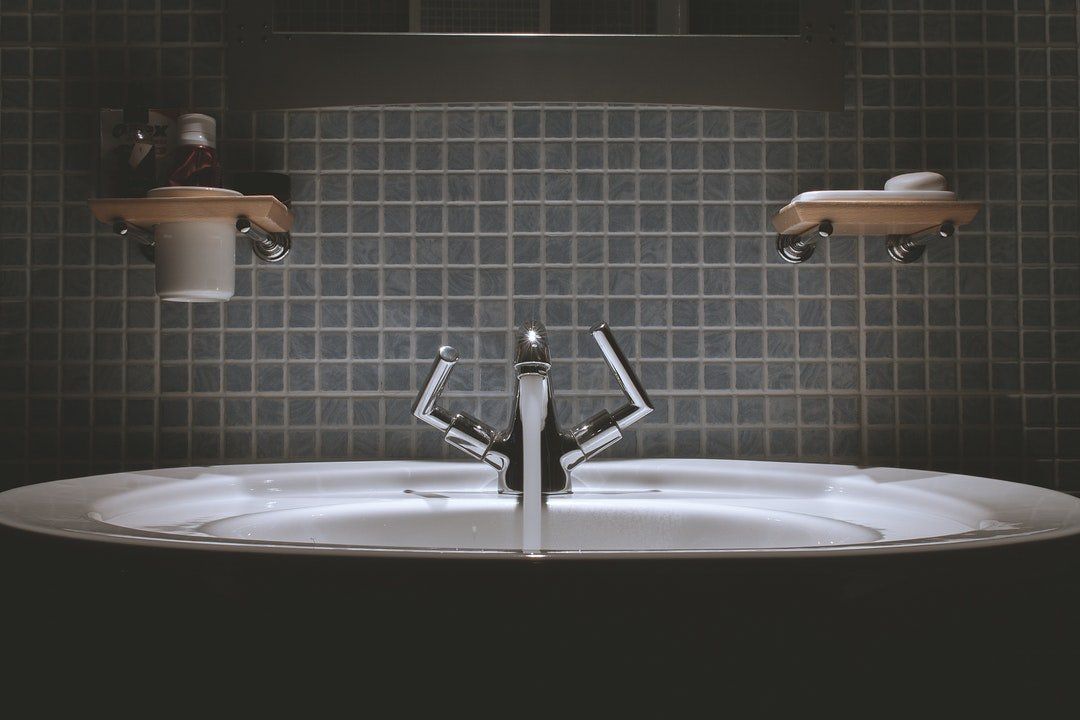The Benefits of Regular Drain Cleaning
Discover why scheduling professional drain cleaning can prevent costly repairs and keep your plumbing system in peak condition.
A well-maintained plumbing system is essential for any home or business, and regular drain cleaning is a key part of this upkeep. While it may not be at the forefront of your maintenance checklist, ignoring your drains can lead to clogs, unpleasant odors, and costly repairs. By understanding the importance of professional drain cleaning, you can save money, extend the lifespan of your plumbing, and ensure your system operates efficiently.
Why Regular Drain Cleaning Matters
Drains work tirelessly, whisking away water, waste, and debris. Over time, buildup occurs, leading to blockages and inefficiencies. Regular cleaning ensures:
• Improved Water Flow: Keeps water moving freely without obstructions.
• Prevention of Serious Clogs: Stops small issues from turning into major blockages.
• Enhanced Hygiene: Eliminates trapped waste and reduces odors.
• Longer Lifespan of Pipes: Reduces wear caused by buildup and pressure.
Top Benefits of Regular Drain Cleaning
1. Reduces the Risk of Costly Repairs
Ignoring slow drains can lead to major clogs, pipe damage, and even sewer backups. Professional drain cleaning helps you tackle small issues before they escalate into expensive repairs.
2. Prevents Unpleasant Odors
Debris trapped in your drains can decay over time, causing foul smells to waft back into your home. Regular cleaning eliminates this buildup, keeping your home fresh.
3. Improves Drain Efficiency
When pipes are free of debris, water flows more quickly and efficiently, saving time and preventing overflows.
4. Protects Your Plumbing System
Accumulated debris increases pressure on your pipes, leading to cracks, leaks, or bursts. Drain cleaning minimizes this strain, extending the life of your plumbing system.
5. Promotes a Healthier Environment
Blocked drains can harbor bacteria, mold, and other harmful microbes. Professional cleaning removes these threats, promoting a cleaner and healthier living space.
How Often Should You Schedule Drain Cleaning?
The frequency of drain cleaning depends on your household or business needs. General guidelines include:
• Residential Homes: Every 12–18 months.
• High-Use Kitchens: Every 6 months, especially if you dispose of grease or food waste.
• Commercial Properties: Quarterly to prevent buildup from heavy usage.
Professional vs. DIY Drain Cleaning
Benefits of Professional Drain Cleaning
• Advanced Tools: Plumbers use equipment like hydro-jetting and motorized augers for thorough cleaning.
• Long-Term Solutions: Professionals can identify potential issues and address them before they worsen.
• Safety First: Prevents damage to your pipes caused by improper DIY methods.
DIY Methods to Maintain Drains
While professional cleaning is essential, you can supplement it with these practices:
• Pour boiling water down the drain weekly to clear grease.
• Use a mixture of baking soda and vinegar to dissolve minor blockages.
• Install drain strainers to catch debris and hair.
Signs You Need Drain Cleaning
If you notice any of the following issues, it’s time to schedule a professional cleaning:
• Persistent slow drainage.
• Foul odors coming from your sinks.
• Frequent clogs in toilets or sinks.
• Gurgling sounds from drains.
• Water backups in tubs or showers.
FAQs
What causes frequent clogs in drains?
Common causes include grease buildup, hair accumulation, soap residue, and improper disposal of non-biodegradable items.
Can regular drain cleaning prevent sewer backups?
Yes, regular cleaning removes buildup that could otherwise lead to severe blockages and backups in your sewer line.
Is chemical drain cleaner safe for pipes?
Many chemical cleaners can be corrosive, damaging pipes over time. It’s best to rely on professional cleaning or eco-friendly DIY solutions.
How does hydro-jetting work?
Hydro-jetting uses high-pressure water to clear stubborn clogs and clean pipe walls, providing a thorough and eco-friendly solution.
Can tree roots affect my drains?
Yes, tree roots can invade underground pipes, causing blockages or damage. Regular cleaning helps detect and address these issues early.
How long does professional drain cleaning take?
Typically, it takes 1–2 hours, depending on the severity of the clogs and the complexity of your plumbing system.
Conclusion
Regular drain cleaning is a small investment that delivers significant returns in efficiency, cost savings, and peace of mind. By scheduling routine professional maintenance, you protect your plumbing, reduce the risk of unexpected repairs, and ensure your home or business runs smoothly. Don’t wait for clogs to disrupt your life—make drain cleaning a regular part of your maintenance routine.
You might also like
Smart Plumbing Solutions
